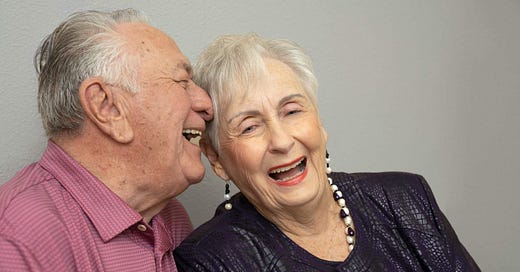FDA approves Kisunla: A new hope to slow Alzheimer's progression
Nearly two years ago, two weeks before Christmas, Sherrie Boyett learned that her brain no longer had the amyloid plaques associated with Alzheimer’s Disease.
This news came 18 months after she discovered Charter Research and decided to join a Phase 3 clinical trial that administered donanemab, an amyloid-scrubbing drug.
“We felt so grateful,” said husband, Otto. “This was the best Christmas of our lives. We are both so very thankful, and we couldn’t be happier with the care of (Charter’s principal investigator on the study) Dr. Jeffrey Norton, and the wonderful stuff.”
The trial, which included some 1,800 participants across the globe, yielded FDA approval of Kisunla, which is Eli Lilly’s brand name for donanemab, in July.
That means there are now two drugs approved to slow Alzheimer’s development — Kisunla and Lequembi.
“Prior to those approvals, we had gone through 20 years of research with nothing,” said Charter Research CEO Jeff Pohlig. “A 20-year drought. Lots of work, but lots of failures. So I’m excited, even though this isn’t a cure and even though the effect is modest.”
The study shows that people who receive monthly donanemab infusions see between six and eight months of deceleration, which, Pohlig notes, is significant.
Recipients like Boyett, who achieve amyloid clearance, can stop the medication, although it is unclear how long that pause might last.
“We suspect the amyloid will continue to accumulate and, if so, you might need another treatment,” Pohlig said.
New studies might examine how patients respond to additional treatments.
One of the benefits to having multiple medications on the market is price competition, but Lequembi and Kisunla both boast outrageous annual price tags right now — $26,500 and $32,000, respectively, according to the Associated Press.
It will likely take some time before these solutions become widely available.
Still, more options mean more opportunities to find a medication that works, and it offers consumers greater confidence in the solution, Pohlig says.
And that offers something money can't buy — hope.




